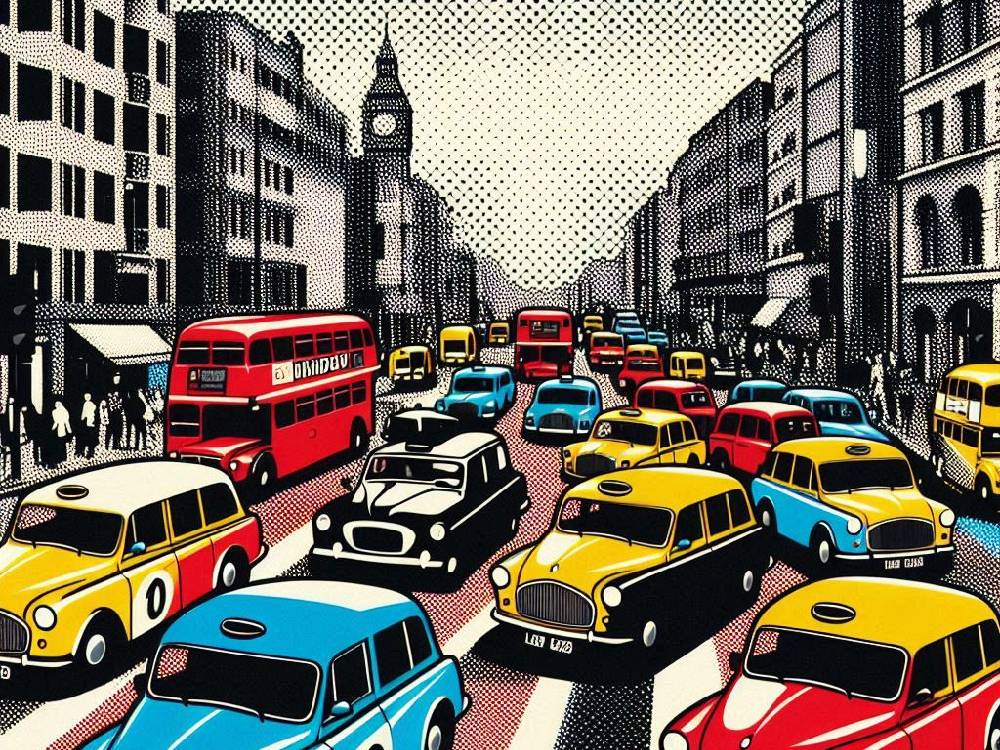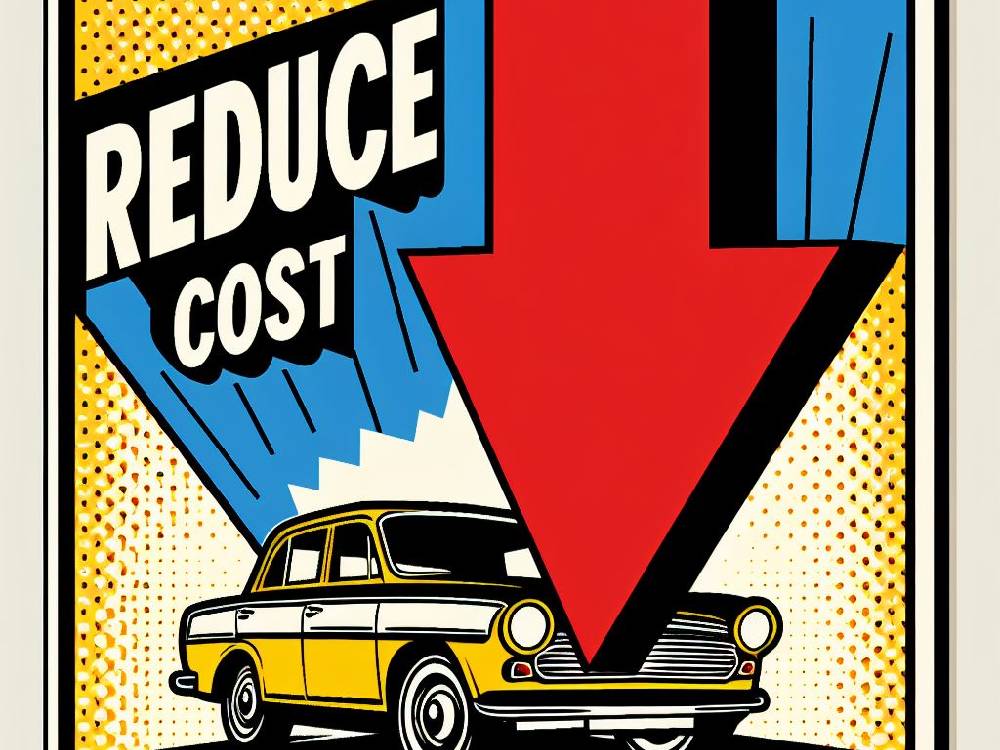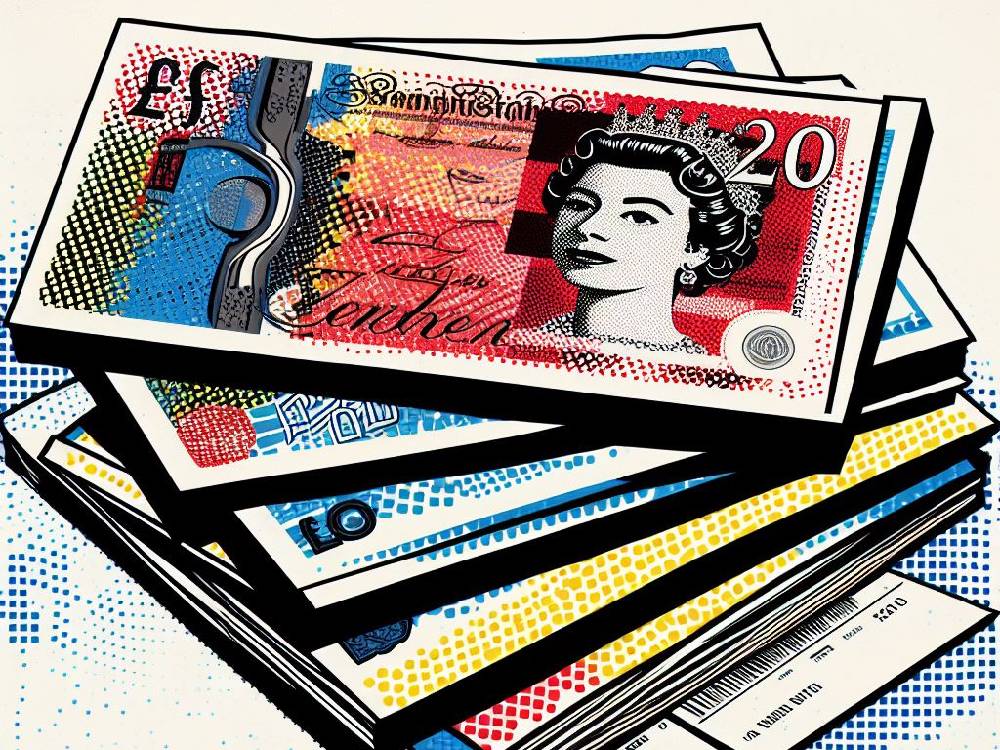Introduction
Vehicle Risk Rating – Big changes are coming for UK drivers.
In fact, car insurance is about to look very different.
For years, insurers used the same old method to calculate your premium.
But not anymore.
A new system — called the Vehicle Risk Rating (VRR) — is already here.
And it could either cost you more or save you a fortune.
It all depends on what you drive.
So, what exactly is changing?
What’s Changing In UK Car Insurance?
Until now, car insurance in the UK worked in a very straightforward way.
For decades, insurers used the Group Rating system.
Each car was given a number between 1 and 50.
The lower the number, the cheaper the insurance.
Simple enough, right?
However, that system is now being replaced.
Because of the new rules starting on 1st August 2024, all new cars in the UK will be rated differently.
This is where the Vehicle Risk Rating comes in.
If you’re wondering who created this new system, it’s Thatcham Research — the UK’s leading experts in car safety and risk.
In other words, they know exactly what they’re doing.
Learn more about the basics of cheap car insurance here.
What Is The Vehicle Risk Rating System?
The Vehicle Risk Rating is more advanced.
It’s designed to give a much more accurate reflection of your car’s risk.
Instead of a single score, it looks at five different areas.
This means your insurance cost isn’t just based on the car itself.
It’s based on how risky that car is to drive, fix, and secure.
That’s a game-changer for car insurance.
Let’s take a closer look.
How Does The New Vehicle Risk Rating System Work?
So, here’s how it works.
Every new car registered after 1st August 2024 gets rated in five key categories:
- Performance
- Damageability
- Repairability
- Safety
- Security
Each area is scored between 1 and 99.
Naturally, the lower your scores, the cheaper your insurance is likely to be.
This new system encourages drivers to choose cars that are safer, cheaper to fix, and harder to steal.
It also gives car buyers more power.
Now you can compare VRR scores before buying.
This helps you avoid hidden insurance costs later on.
What Do These Vehicle Risk Rating Categories Mean?
Let me break them down for you.
Performance
Firstly, this is about speed.
Fast cars are fun — but they’re also riskier.
Higher performance often means higher insurance.
So if you want the cheapest car insurance, look for something slower and safer.
Damageability
Secondly, this measures how easily your car can be damaged.
Some modern cars use delicate materials.
That’s bad news for repair bills.
Cheaper cars with simple designs tend to score better here.
Repairability
Thirdly, repairability looks at how easy and cheap it is to fix your car.
This is a huge factor.
Why?
Because repair costs have jumped 28% in just one year.
Therefore, if a car is difficult or expensive to repair, you should expect to pay more for insurance.
Want to explore different car insurance options?
Check out this guide: Car Insurance Options
Safety
Next, we have safety.
As a result, cars with excellent safety features usually get lower VRR scores.
These features include:
- Crash avoidance technology
- Automatic emergency braking
- Strong crash-test performance
If keeping your insurance cheap is important, safety should be your priority.
Security
Finally, security plays a big role.
Cars with poor security are much more likely to be stolen.
That’s a nightmare for both drivers and insurers.
Look for cars with:
- Modern anti-theft systems
- Alarms and immobilisers
- Strong digital security
Want to learn how to get very cheap car insurance?
Here’s everything you need to know: Very Cheap Car Insurance
Why This New Vehicle Risk Rating System Matters To You
Here’s the bottom line.
The Vehicle Risk Rating system gives drivers more control.
If you choose wisely, you could save a lot of money.
On the other hand, if you ignore VRR scores, you might end up paying much more.
Especially for electric vehicles.
EVs can be up to 25% more expensive to repair than petrol cars.
And they take 14% longer to fix.
That’s why repairability is such a key factor.
Smart car buyers will start checking VRR scores before buying anything new.
It could make all the difference to your insurance costs.
Will My Current Car Be Affected By The Vehicle Risk Rating?
Let’s clear up the confusion.
If your car was registered before 1st August 2024, you don’t need to worry.
For now, your car stays in the old Group Rating system.
Therefore, your insurance costs will follow the original rules.
However, things change fast.
If you plan to buy a new car soon, you must stay alert.
From 1st August 2024 onwards, the Vehicle Risk Rating system applies to all new cars.
In fact, this new system runs alongside the old one for the next 18 months.
Eventually, though, the VRR will completely replace the old system.
This means drivers need to start paying attention to VRR scores today.
Want to know which cars already offer the cheapest insurance?
Check out this guide: The 10 Cheapest Cars To Insure In 2023
How To Keep Your Car Insurance Costs Down
So, now you know the new rules.
But how can you take advantage of them?
Here are the best tips for staying ahead — and saving money.
Always Compare Car Insurance Quotes
First, never renew your policy without shopping around.
Insurance prices change constantly.
By comparing quotes, you can easily avoid overpaying.
Start your search here: 5 Ways To Save Money
Check The VRR Before You Buy A Car
Second, make the Vehicle Risk Rating your new best friend.
Before buying any car, check its VRR scores carefully.
Why?
Because lower VRR scores often mean lower insurance costs.
That’s a win for your wallet.
Choose Smaller, Safer Cars
Let’s be honest.
While fast, powerful cars seem exciting, they usually come with higher insurance costs.
Instead, look for cars with:
- Smaller engines
- High safety ratings
- Easy-to-repair designs
Remember, insurers love cars that are safe and simple to fix.
Increase Your Voluntary Excess
Another simple way to cut costs?
Increase your voluntary excess.
This shows insurers you’re willing to share the risk.
However, be careful.
Make sure you can afford this amount if you need to claim.
Consider Telematics Or Black Box Insurance
Finally, think about telematics insurance.
Specifically, this system tracks your driving habits to calculate your insurance costs.
In other words, drive safely and you’ll benefit from lower premiums.
In particular, for young or new drivers, this option often makes a huge difference.
Explore your options here: Telematics Car Insurance
Conclusion
Let’s recap.
The Vehicle Risk Rating system is here to stay.
For drivers, this is good news.
Why?
Because it gives you more control over your insurance costs.
Instead of one static group rating, cars now get judged across five different categories.
That means you can make smarter choices.
In turn, this could save you hundreds of pounds.
But here’s the thing.
The system only works if you use it.
Don’t ignore VRR scores.
Instead, compare them.
Research cars before buying.
In order to save money on insurance, choose models that score well for safety, repairability, and security.
If you do that, you’ll stay one step ahead.
Ready to find more ways to save money on car insurance?
Start here:
Stay informed.
Stay prepared.
And save big.











